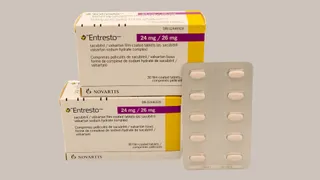
Challenges to the patenting of “essentially biological processes” in India
Commenting on the US Supreme Court’s historic decision Diamond v Chakrabarty, 447 US 303 (1980), which permitted the patenting of life forms, Justice Warren Burger said: “No one will be able to deter the scientific mind from probing into the unknown any more than Canute could command the tides”. Probing into the unknown and the possibility of patenting one’s invention is what has catalysed scientific advancement in all fields of technology.
Already registered?
Login to your account
If you don't have a login or your access has expired, you will need to purchase a subscription to gain access to this article, including all our online content.
For more information on individual annual subscriptions for full paid access and corporate subscription options please contact us.
To request a FREE 2-week trial subscription, please signup.
NOTE - this can take up to 48hrs to be approved.
For multi-user price options, or to check if your company has an existing subscription that we can add you to for FREE, please email Adrian Tapping at atapping@newtonmedia.co.uk

